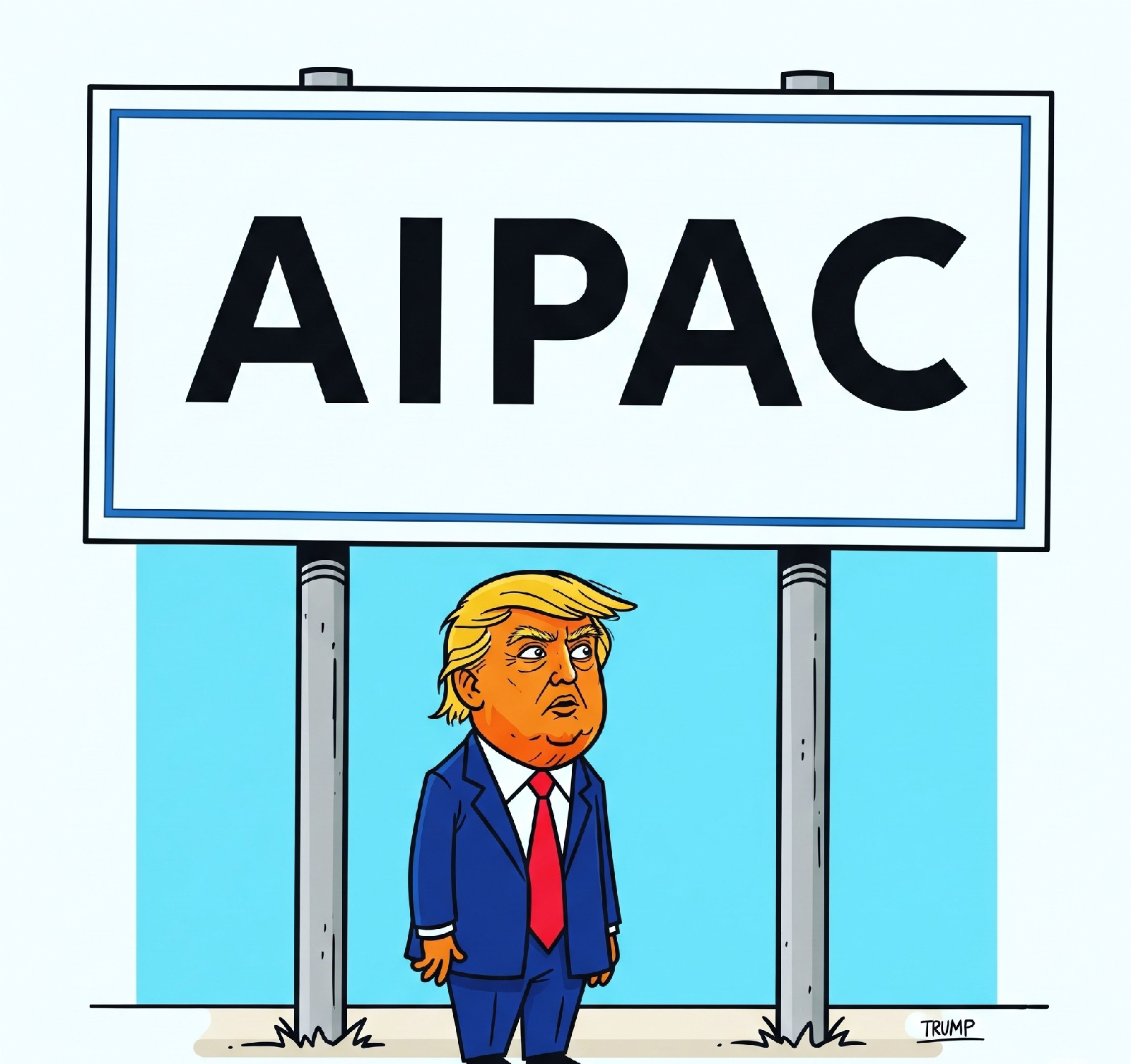Hey everyone, let's dive into something deeply important, something that shapes our nation's foreign policy in profound ways: the influence of the American Israel Public Affairs Committee, or AIPAC, on the current U.S. administration, particularly on President Trump. This isn't just about politics; it's about the very soul of our democratic process and the direction we take on the global stage.
AIPAC is a formidable force. They are a well-oiled lobbying machine, with a singular, laser-focused mission: to bolster the U.S.-Israel relationship and ensure unwavering American support for Israel. They do this through relentless lobbying of Congress and the White House, cultivating relationships with policymakers, and even pouring millions into political campaigns through their PAC. They organize trips to Israel for influential figures, building bonds and shaping perspectives.
Now, when we look at President Trump's actions regarding the Middle East, it's impossible to ignore how closely they align with AIPAC's long-held priorities. Think about it: the recognition of Jerusalem as Israel's capital, the move of the U.S. embassy, the recognition of Israeli sovereignty over the Golan Heights, and the strong stance against Iran. These were all significant shifts in U.S. policy, and they echo exactly what AIPAC has advocated for years.
So, how does AIPAC influence President Trump? It's not always a direct, public command. It's more nuanced, more pervasive. It's about creating an environment where pro-Israel policies are seen as not just beneficial, but essential for any U.S. leader. AIPAC builds robust networks, ensuring that allies are in key positions and that those who might deviate from their line face significant political pressure. They foster a climate where supporting Israel is synonymous with being a "friend" to the U.S. on the global stage, and where opposing certain Israeli policies can be framed as "anti-Israel" or even "anti-American." This subtle, yet powerful, pressure can be incredibly effective, especially for a President who often seeks strong, decisive action and aligns with those who demonstrate staunch loyalty.
But here's where we need to critique and analyze this with a fierce, unwavering gaze. While AIPAC frames its work as strengthening a vital alliance, we must ask: whose interests are truly being served? When a powerful, well-funded lobby consistently pushes for policies that align almost perfectly with the agenda of one foreign nation, can we truly say our own national interests are always paramount?
The criticism isn't about Israel itself, or about the importance of its security. It's about the unquestioning nature of the support that can emerge when a lobby exerts such profound influence. Are we adequately considering the long-term consequences of certain policies for broader U.S. interests in the region? Are we genuinely promoting peace and stability, or are we inadvertently fueling tensions and undermining our own diplomatic flexibility?
Furthermore, the significant financial contributions made by AIPAC's PAC in elections can create an undeniable pressure on politicians. When a candidate's viability can be directly impacted by the support or opposition of such a powerful group, it raises serious questions about accountability and whether our elected officials are truly representing the diverse views of the American populace, or if they are beholden to a well-funded, external agenda.
The passion here comes from a deep belief in a truly democratic foreign policy, one that is debated openly, informed by diverse perspectives, and prioritizes the long-term well-being of the American people and global peace. When a single lobby can seemingly dictate critical foreign policy decisions, it diminishes that ideal.
We need to be vigilant. We need to ask hard questions. We need to demand transparency. It's not enough to simply accept that this is "how things are." Our democracy, and our role in the world, demand a foreign policy that is truly American in its essence – one that serves our interests, our values, and our vision for a more peaceful, just world, unburdened by undue influence. Let's keep this conversation alive, because the stakes are simply too high to stay silent.

Comments
Post a Comment